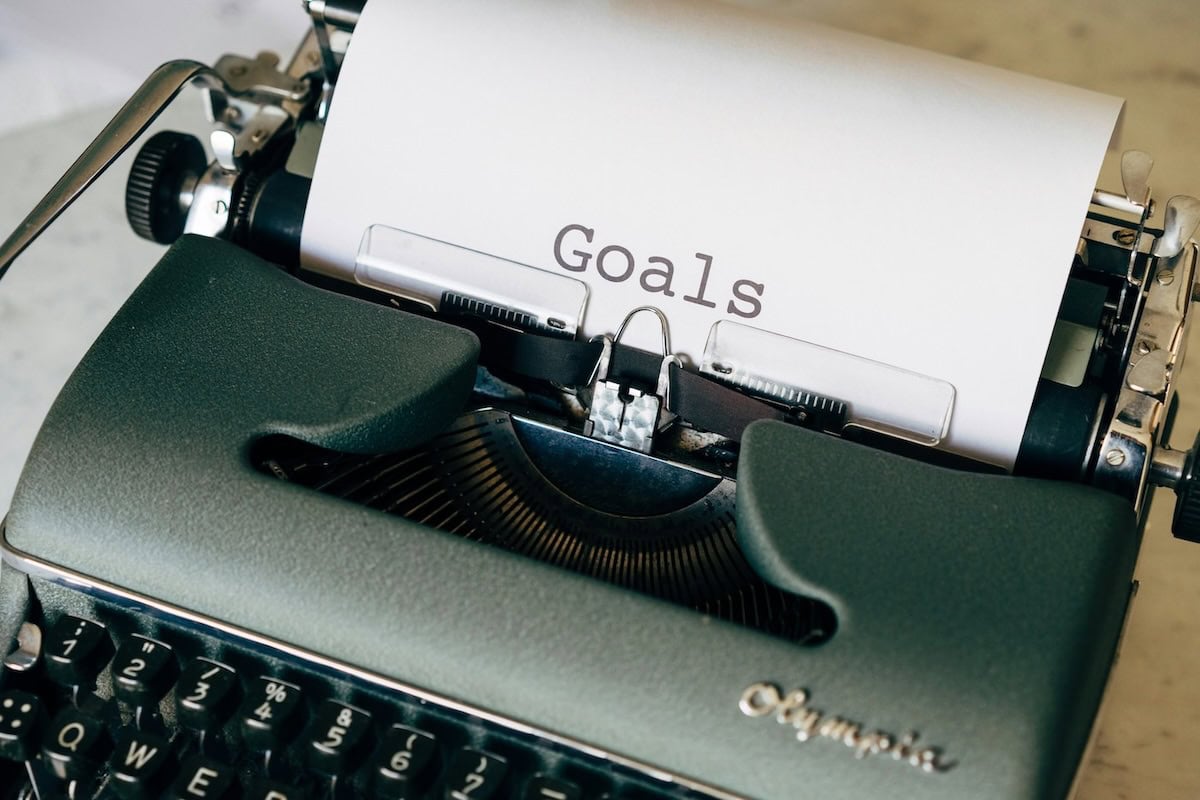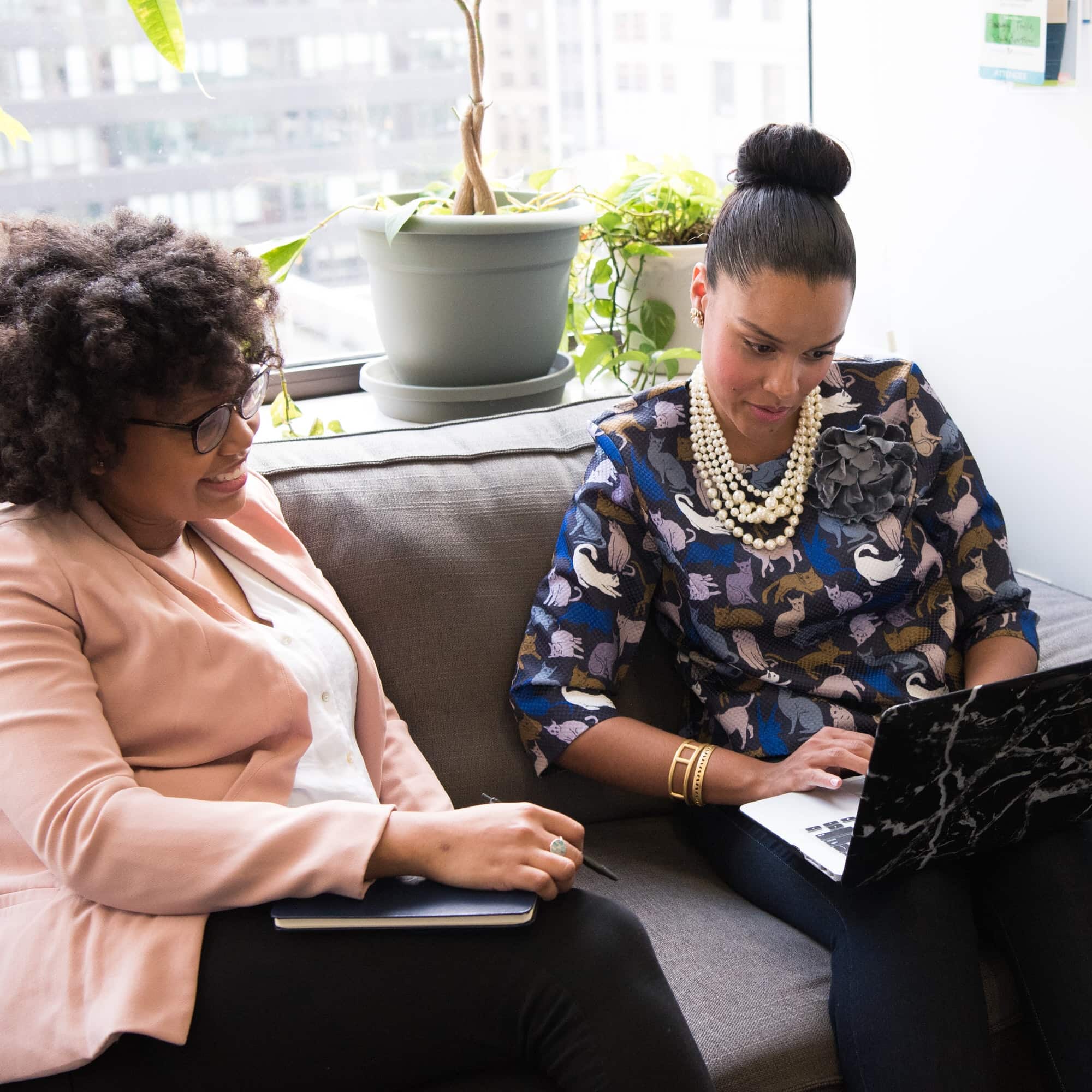People Skills for Successful Collaboration
Introduction
For those of us navigating today’s complex work environments—whether in leadership or as part of a team—the ability to collaborate isn’t a matter of debate. It’s a foundational skill that can set high performers apart and drive meaningful impact. But collaboration goes beyond simply working together; it requires a deep understanding of how to bring out the best in people, foster trust, and leverage diverse strengths. To elevate your ability to collaborate effectively, it’s critical to develop the People skills that ensure successful teamwork, whether in the boardroom or across a virtual network.
What is Collaboration?
Collaboration, at its core, is the process of achieving shared goals by bringing together different perspectives, experiences, and expertise. In a world where remote and hybrid teams are now commonplace, it’s not just about being in the same room but about being aligned in purpose and communication, regardless of location.
- Types of Collaboration:
- Teamwork within departments: Collaboration within a department tends to be the most straightforward, with clear, common objectives and a unified skill set.
- Cross-functional collaboration: This type is more dynamic, blending different expertise from across departments, which is essential for innovation and solving complex problems.
- Collaborative networks: Leadership studies have shown that modern teams are no longer constrained by rigid hierarchies. We’re now working in collaborative networks that thrive on fluid communication and rapid decision-making, requiring a more agile leadership style (Digital Marketing Institute 15).
Key Question: What does collaboration look like in a modern digital workspace?
In digital spaces, collaboration isn’t about proximity—it’s about connectivity. Tools like Slack, Zoom, and Monday.com provide the structure, but the real power comes from ensuring that your team is aligned in its objectives and communication, regardless of the platform.
Why Are People Skills Important for Collaboration?
The Human Element
No matter how advanced our tools become, successful collaboration always comes back to people. The right software can streamline communication and project tracking. Still, it’s the People skills we bring to the table—empathy, emotional intelligence, accountability—that determine whether a team thrives or flounders. The human element remains the differentiator between average and exceptional collaboration.
Trust and Relationships
Trust is the foundation of every successful collaboration. Without it, team members won’t share ideas, admit mistakes, or seek help when needed. Trust is built through consistent communication, emotional intelligence, and a shared commitment to the group’s success. When individuals feel valued and heard, they’re far more likely to give their best to the team.
Why are people skills just as important as technical tools when collaborating?
While tools create efficiency, people skills build connections. That connection—fueled by trust and communication—makes collaboration effective. The ability to relate to and understand others keeps a team aligned and productive.
Essential People Skills for Successful Collaboration
Here are the people skills that take collaboration from functional to transformational:
1. Communication Skills
- Listening Actively: As professionals, we know collaboration isn’t just about what you say—it’s about how well you listen. Listening to understand rather than to respond allows you to engage more meaningfully with others and contribute in ways that move the team forward.
- Clear and Concise Expression: When you do speak, your message needs to be clear and purposeful. Miscommunication is one of the fastest ways to derail a project, and clarity in expression is critical for ensuring that everyone stays on the same page.
How can clear and active communication enhance collaboration?
When communication is clear and concise, misunderstandings are minimized, and efficiency is maximized. Every interaction becomes a stepping stone toward achieving the shared goal.
2. Emotional Intelligence
Daniel Goleman’s work on Emotional Intelligence emphasizes that collaboration is as much about managing relationships as it is about the task at hand. The following traits are critical for building strong, collaborative teams:
- Self-Awareness: Understanding your own emotional triggers allows you to navigate team dynamics without letting stress or frustration get in the way (Goleman 43).
- Self-Regulation: Keeping your emotions in check during stressful situations helps you maintain objectivity and foster a calm, productive environment (Goleman 57).
- Empathy: The ability to understand and respect the perspectives of your teammates creates deeper connections and a more supportive team atmosphere (Goleman 96).
- Motivation: Edward Deci’s Self-Determination Theory highlights that internal motivation—working for autonomy and mastery rather than external rewards—is key to persistence and engagement in team settings (Deci 64).
- Social Skills: These are the skills that enable leaders to manage relationships effectively, ensuring that conflict is resolved quickly and that the team remains aligned (Goleman 127).
How does emotional intelligence foster stronger, more empathetic collaboration?
Emotional intelligence ensures that team members are able to manage both their own emotions and their relationships with others, making it easier to navigate challenges and maintain a positive, productive dynamic within the group.
3. Flexibility and Adaptability
- Open-Mindedness: The best collaborators are open to new ideas. In diverse teams, a variety of perspectives can produce innovative solutions that wouldn’t have been possible within a homogeneous group.
- Adjusting to Change: Adaptability is a core strength in today’s fast-moving professional landscape. The ability to quickly pivot when circumstances change ensures that collaboration continues seamlessly, even in the face of shifting priorities.
Why is flexibility important in collaborative environments, especially in hybrid and remote teams?
Flexibility ensures that teams can respond to change without losing momentum. Whether it’s a shift in project scope or a last-minute deadline, adaptable teams remain focused on collaboration to achieve their goals.
4. Conflict Resolution Skills
- Constructive Problem-Solving: Conflict doesn’t have to be a roadblock to progress. Tony Robbins often talks about “reframing” challenges—using conflict as an opportunity to grow and develop new solutions. When handled correctly, conflicts can push teams to rethink their strategies and come out stronger.
- Staying Objective: Cloe Madanes has a unique approach to conflict resolution, often using humor to diffuse tense situations. Her advice? “A little humor can turn a crisis into a minor inconvenience.” Staying objective and keeping things in perspective is essential for moving past conflict and getting back to productive work.
How can conflict resolution contribute to more successful collaboration?
When conflicts are resolved constructively, they not only remove obstacles but also strengthen relationships within the team. A group that can handle disagreements productively is far more resilient.
5. Accountability
- Taking Responsibility: Personal accountability is non-negotiable for effective collaboration. When everyone owns their role in the team’s success or failure, there’s a collective push toward higher performance.
- Encouraging Team Responsibility: Accountability doesn’t happen in a vacuum. When one person steps up and models accountability, it creates an environment where others are encouraged to do the same.
How does individual accountability contribute to a collaborative team environment?
Accountability keeps teams focused on the collective goal and ensures that everyone is contributing at their highest level, fostering trust and driving results.
Challenges to Successful Collaboration
Even the most experienced professionals face challenges when collaborating. While common pitfalls like miscommunication and lack of trust are familiar, Cloe Madanes might add a few more with her signature dry wit:
- The “Unstoppable Monologue”: We’ve all been there—one person dominates the meeting, and suddenly collaboration turns into a lecture.
- Inspiration Overload: Too many ideas without a clear strategy can leave a team stuck in “idea soup,” where nothing moves forward.
- The Phantom Collaborator: The team member who agrees enthusiastically but vanishes as soon as the real work begins.
What are some of the biggest challenges people face when trying to collaborate, and how can they be overcome?
Recognizing these challenges for what they are—and addressing them early with clear communication and accountability—helps teams maintain momentum and achieve their goals.
Strategies for Improving People Skills for Collaboration
Collaboration isn’t a skill you develop once and then forget about—it’s something that requires ongoing growth. Here are a few strategies to enhance your collaborative skills:
- Continuous Learning: Keep improving your communication, emotional intelligence, and conflict resolution abilities through workshops, reading, and hands-on experience.
- Feedback and Self-Reflection: Regularly seek feedback from your team and reflect on how you can improve your personal contribution to collaboration.
- Team-Building Exercises: Incorporating team-building activities that focus on trust and communication can significantly improve collaboration within your group.
What are practical strategies to improve your collaboration skills?
Through regular practice and reflection, professionals can elevate their collaborative skills, making them more effective in any team setting.
Conclusion
Collaboration is more than just teamwork—it’s about fostering trust, ensuring open communication, and driving accountability at every level. The people skills we bring to collaboration—communication, emotional intelligence, flexibility, and accountability—determine the difference between a group that functions and a team that excels. Reflect on your own collaboration skills and look for ways to strengthen them. Your team—and your career—will thank you for it.
Works Cited
Deci, Edward L., and Richard M. Ryan. Self-Determination Theory: Basic Psychological Needs in Motivation, Development, and Wellness. Guilford Press, 2017.
Digital Marketing Institute. Managing a Digital Team. 2024, digitalmarketinginstitute.com.
Goleman, Daniel. Emotional Intelligence: Why It Can Matter More Than IQ. Bantam Books, 1995.
Robbins, Tony. Awaken the Giant Within. Free Press, 1992.



